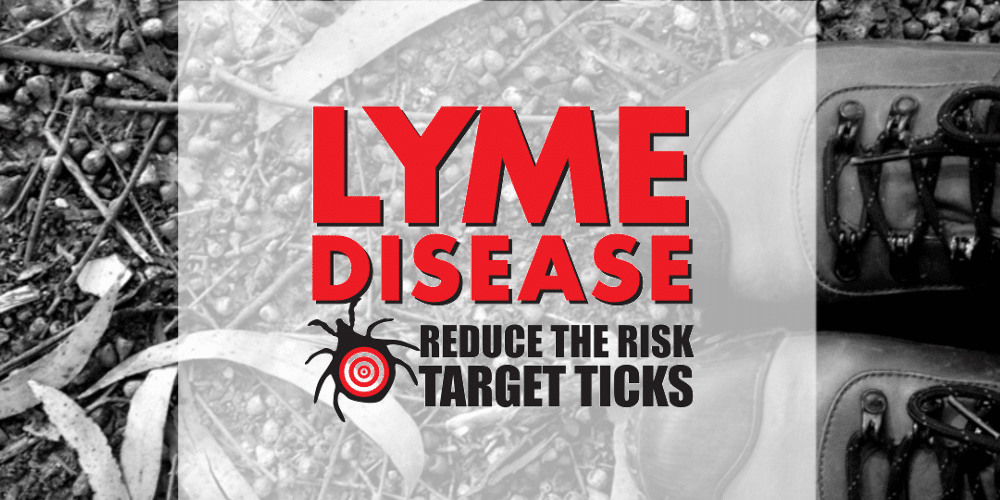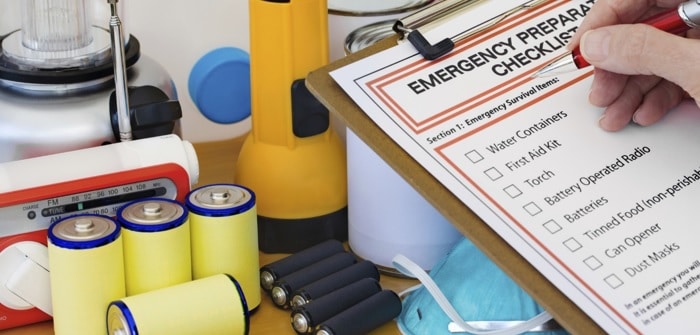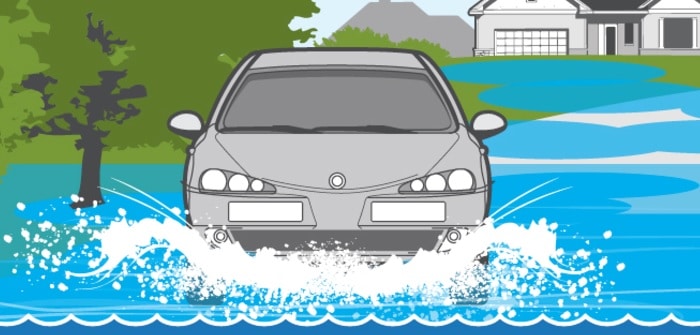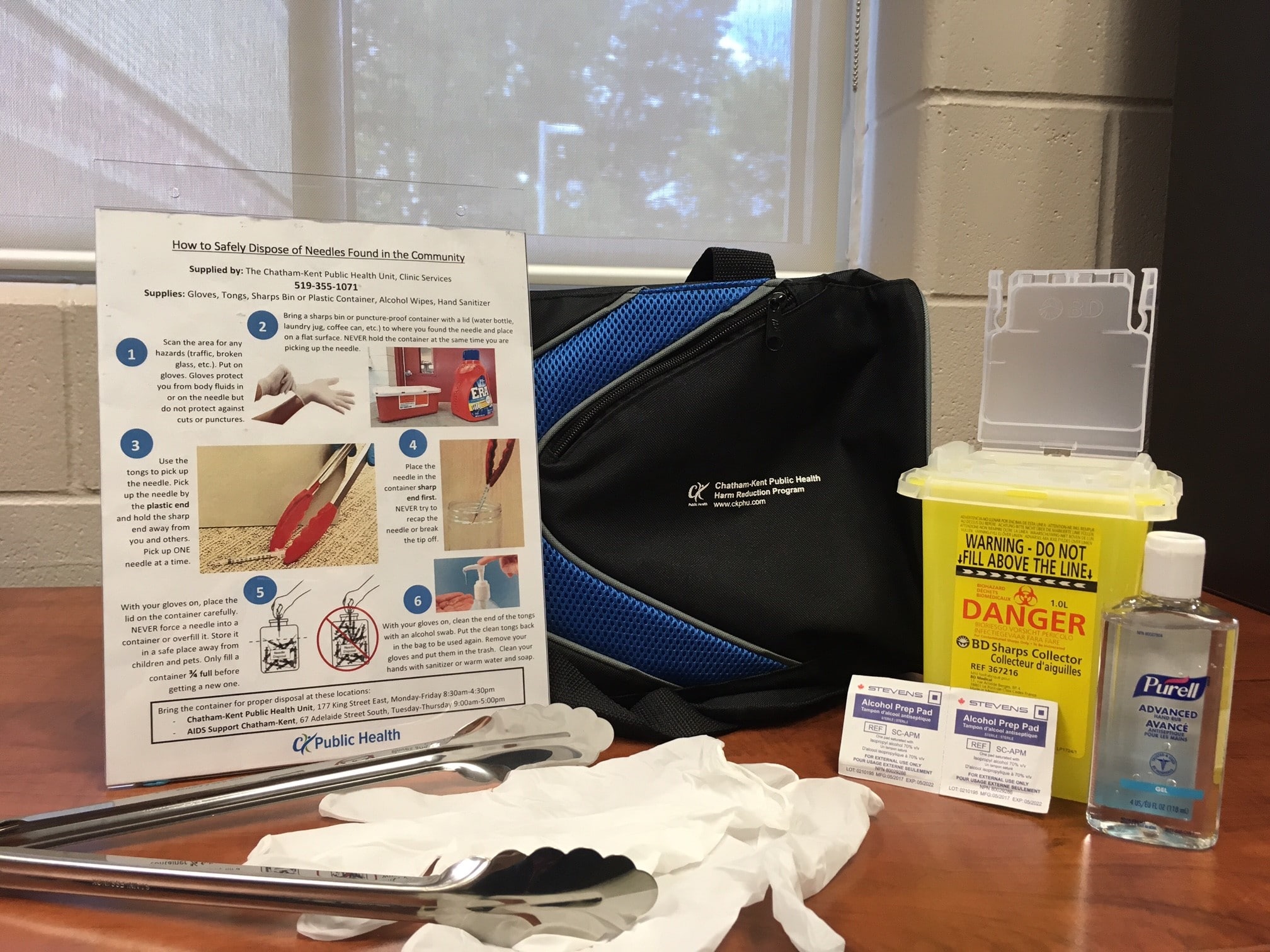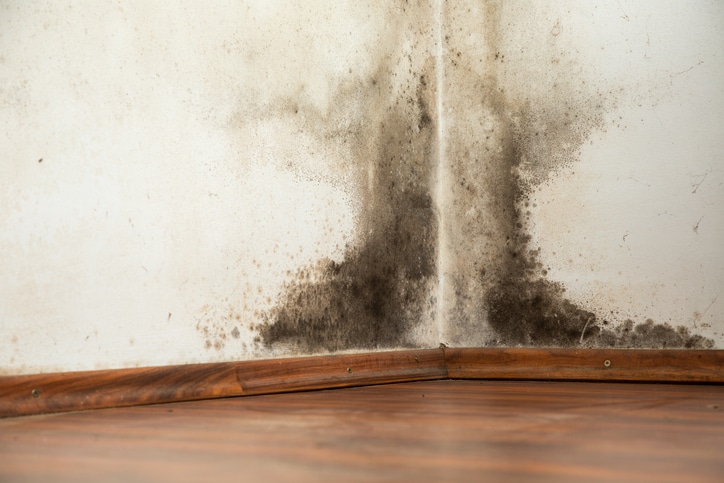Public pools and splash pads are a great way to stay cool during the warm summer months. Did you know that they are inspected by Chatham-Kent Public Health Inspectors? Public Health Inspectors make sure that public pools and splash pads follow all the rules and regulations set out by the province of Ontario. This helps keep bathers safe from physical … Read More
How NOT to remove ticks (and how to do it right)
Do you know how to remove ticks from your body? Removing blacklegged ticks promptly can reduce your risk of getting Lyme disease, but it’s important to do it correctly. Irritating or killing the tick while removing it can cause it to vomit bacteria into your body, increasing your risk of Lyme disease. Here’s what NOT to do: WRONG: Burning the … Read More
Emergency Preparedness for Children
Are you and your family prepared for an emergency? Children in particular can feel extremely vulnerable and stressed during an emergency. It is important to remember that your child looks to you for guidance and comfort. Help kids cope by: Keeping calm Talk openly and honestly about what is happening Take their fears seriously and tell them it’s okay … Read More
Everything You Wanted to Know About Lyme Disease, but Were Afraid to Ask
Questions about Lyme disease? Read our FAQ to learn how you can protect yourself. What is Lyme disease? How do you get it? How do you know if you have Lyme disease? Are there ticks in Chatham-Kent? What do blacklegged ticks look like? How can I protect myself from Lyme disease? I found a tick on my body! What do … Read More
Do you have what it takes?
Snow storms, spring flooding, tornadoes, power outages. Do you have what it takes to get through an emergency? Every household should have the following items in a basic emergency kit… Water – 2L per person per day Food – that won’t spoil, such as canned food, energy bars, dried foods Manual can opener Wind-up or battery-powered flashlight (and extra … Read More
Flooding has been predicted in Chatham-Kent
After a flood, food safety, water safety and home safety are important concerns to consider. Follow these guidelines to protect yourself and your family. For homes that have been without power, but haven’t suffered water damage food safety precautions should be taken. Throw out refrigerated food that’s been without power for more than 4-6 hours. For homes that have been … Read More
Flooding… Are You Prepared?
Flooding is typically cause by melting snow or heavy rains. With recent changes in weather, flooding in Chatham-Kent is a real possibility. To reduce the likelihood of flood damage or if a flood is forecast… If you are indoors: Do not store your important documents in the basement Move essential items (and household chemicals) to an upper floor Disconnect … Read More
What is radon?
Radon is a radioactive gas that happens naturally when uranium in soil and rock breaks down. It is invisible, odourless and tasteless. How does radon it get into your home? Radon gas can seep in to your home through dirt floors, concrete-block walls, cracks in foundation walls and floors, sumps, drains, and gaps around pipes. What is the health risk … Read More
How to Safely Dispose of Needles
Finding needles in community areas such as parks is a health and safety concern for everyone. Used syringes should be disposed of properly in order to protect others from injury and infections like Hepatitis C and HIV. It’s important to remember that the risk of becoming infected with one of these infections through a needle-stick injury is very low. Prevention … Read More
World Rabies Day
WORLD RABIES DAY September 28th is World Rabies Day. It is an initiative of the Global Alliance on Rabies Control, to bring awareness to rabies, and rabies prevention. This day also marks the anniversary of Louis Pasteur’s death, chemist and microbiologist, who developed the first vaccine for rabies. What is Rabies? Rabies is a fatal disease caused by a virus … Read More
BE PREPARED
Severe storms can include thunder, lightning, hail and tornadoes. They often occur when the weather is hot and humid. A good rule of thumb is “if the sky roars, get indoors.” During a severe summer storm, you are advised to stay away from items which can conduct electricity, such as appliances and running water. Remain inside for 30 minutes after … Read More
Mould 101
Moulds are a type of fungi; a group of organisms that includes mushrooms and yeast. How does mould grow? Mould spores are found everywhere. They are a common component of household dust. Mould spores grow more easily and can spread if they have excess moisture and a nutrient source. Examples of nutrient sources include wallpaper, ceiling tiles, carpet, insulation, drywall, … Read More


